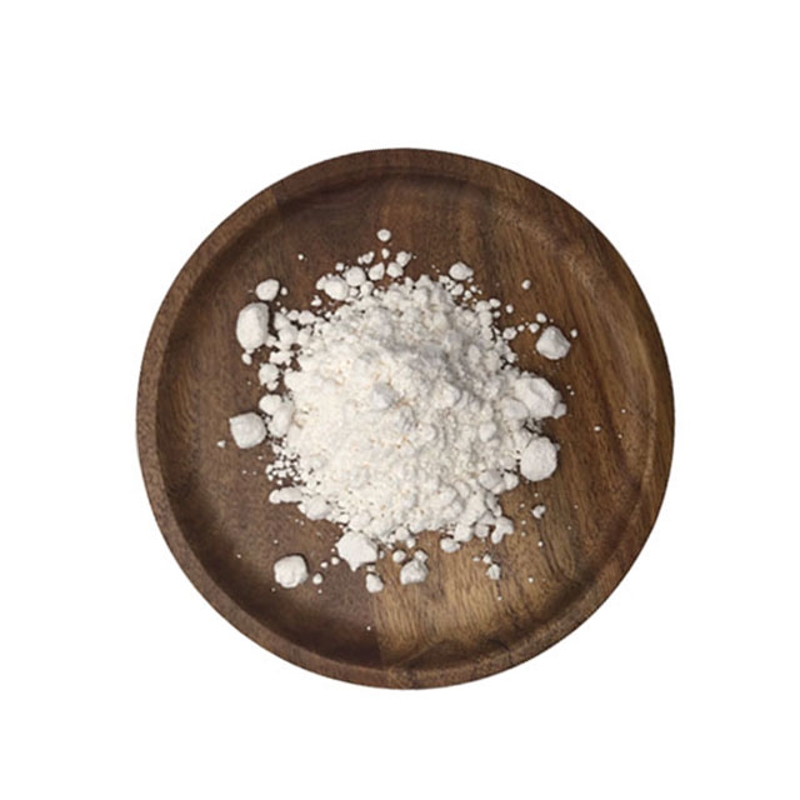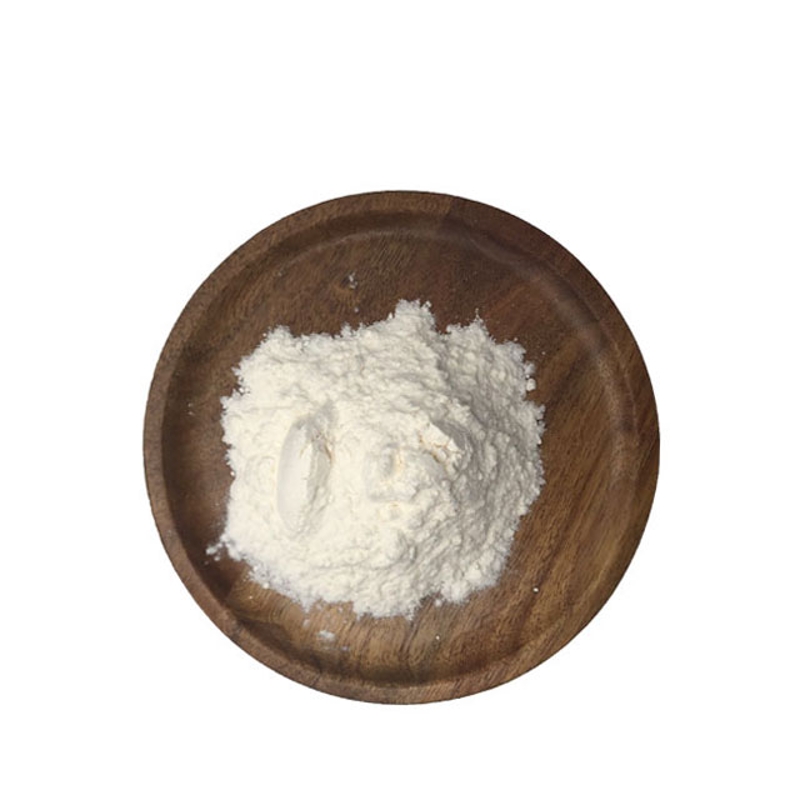-
Categories
-
Pharmaceutical Intermediates
-
Active Pharmaceutical Ingredients
-
Food Additives
- Industrial Coatings
- Agrochemicals
- Dyes and Pigments
- Surfactant
- Flavors and Fragrances
- Chemical Reagents
- Catalyst and Auxiliary
- Natural Products
- Inorganic Chemistry
-
Organic Chemistry
-
Biochemical Engineering
- Analytical Chemistry
- Cosmetic Ingredient
-
Pharmaceutical Intermediates
Promotion
ECHEMI Mall
Wholesale
Weekly Price
Exhibition
News
-
Trade Service
According to the statistics of the World Health Organization in 2020, the number of cases of gastric cancer in China is as high as 480,000, and the number of deaths is as high as 370,000, and the high incidence and high mortality rate make stomach cancer a "fearful" disease
.
At present, Japan has become a leader in gastric cancer treatment with ultra-high data of 5-year survival rate of 74.
9% and 10-year survival rate of 66% (China's 5-year survival rate of gastric cancer is 35.
1%).
So, in Japan, how to choose a treatment plan for patients with stomach cancer with different stages of stomach cancer?
The first choice for gastric cancer treatment: surgery
Surgery is the most important means of gastric cancer treatment, whether it is early gastric cancer patients, or advanced gastric cancer patients, can be cured after surgery, according to clinical statistics, early gastric cancer patients through standardized surgical treatment, 5-year survival rate of more than 90%, when the tumor is limited to the mucosal layer, the survival rate is almost 99%; When the tumor is confined to the submucosa, the survival rate is 96%.
Even in patients with advanced gastric cancer, the five-year survival rate after surgery combined with other adjuvant therapies can still reach 45.
1% [3].
Early, middle, and locally advanced gastric cancer – minimally invasive surgery
In recent years, minimally invasive surgery based on laparoscopic and da Vinci robotic surgery has become an important choice
for gastric cancer treatment.
Previous studies have confirmed that laparoscopic surgery to remove tumors has greater benefits
than open surgery for both early and locally advanced gastric cancer.
A 2016 study published in the World Journal of Gastroenterology found that laparoscopic gastrectomy had short-term benefits compared with open conventional surgery in patients with early-stage gastric cancer, such as shorter operation time, reduced incision length, shorter hospital stay, and reduced pain, and the long-term prognostic effects of the two were comparable [4].
In July this year, a study published in JAMA (Journal of the American Medical Association) confirmed that the effect of laparoscopic surgery in patients with locally advanced gastric cancer is similar to that of open surgery, and the complication rate is significantly lower than that of open surgery
.
Specific data showed that the 5-year survival rate was 88.
9% in the laparoscopic radical resection group and 88.
7% in the open radical resection group.
The 5-year recurrence-free survival rate was 79.
8% in the laparoscopic radical resection group and 81.
1% in the open radical resection group.
The long-term complication rate was 6.
5% in the laparoscopic radical resection group and 11%
in the open surgery group.
Advanced gastric cancer – conversion therapy combined with surgery
Gastric cancer conversion therapy refers to the transformation of unresectable tumors into resectable tumors through chemotherapy, radiotherapy, targeted therapy, immunotherapy, etc.
, prolonging progression-free survival and overall survival, and improving life therapy, mainly used in gastric cancer patients who have lost the opportunity to cure tumors, including locally advanced gastric cancer that is difficult to resect and advanced gastric cancer
with distant metastases.
In a 2015 study using an mDCS chemotherapy regimen (docetaxel + cisplatin + S-1) combined with trastuzumab, surgical conversion rates were 56.
3 percent [6].
Metastasis of gastric cancer to the liver: proton therapy
Because the stomach is a hollow organ, radiation therapy
is rarely used.
However, once the stomach tumor metastasizes to the liver, proton therapy can remove the metastases in the liver and improve the prognosis of gastric cancer patients
.
In 2017, the University of Tsukuba Hospital in Japan published a study to evaluate the effect of proton therapy for gastric cancer liver metastasis, showing that proton therapy had a significant effect on gastric cancer liver metastasis, with 1-year, 3-year and 5-year survival rates of 100%, 78% and 56%, respectively.
Progression-free survival rates were 67%, 40%, and 40%; The local control rates were 89%, 71%, and 71%, respectively [7].
Advanced gastric cancer: precision medicine therapy
At present, targeted drugs including VEGFR2 monoclonal antibody Cyramza, HER2-targeting monoclonal antibody trastuzumab and antibody conjugate drug Enhertu, as well as immunotherapy drugs including Nivolumab and Pembrolizumab, have become important choices
for the treatment of advanced gastric cancer.
The specific indications are:
All in all, with the continuous development of medical technology, the number of innovative therapies, the survival time of gastric cancer is gradually prolonged, even advanced gastric cancer can obtain a good prognosis
after reasonable treatment.
In the field of gastric cancer treatment, Japan leads the world with ultra-high data of 5-year survival rate of 74.
9% and 10-year survival rate of 66%, among which, Juntendo Hospital affiliated to Juntendo University in Japan, as the first comprehensive hospital in Japan, has outstanding achievements
in the field of gastric cancer treatment.
The gastrointestinal/minimally invasive surgery of the hospital has pioneered a comprehensive treatment mode centered on minimally invasive surgery, covering chemotherapy, targeting, immunity, peritoneal perfusion, etc.
, for patients who are temporarily inoperable, they can choose chemotherapy, targeted therapy, immunotherapy and other auxiliary means to shrink the tumor in the patient's body, and then remove it by surgery until it meets the surgical standards, thereby improving the prognosis
of patients.
Professor Fu Yongzhe of the Department of Gastrointestinal/Minimally Invasive Surgery is a pioneer and leader in laparoscopic gastric cancer surgery, and has created the original "Fuyong Procedure", which has been popularized as a safe laparoscopic surgical method.
In Juntendo Hospital affiliated to Juntendo University in Japan, more than 90% of gastric cancer patients are treated by laparoscopic surgery, even patients with advanced gastric cancer, 90-year-old people, poor lung function and other patients who are not recommended by other doctors can be clinically cured through surgical treatment with the help of Professor Fukunaga Tetsu.
▲Professor Fu Yongzhe (click on the picture to see more details)
For patients with inoperable advanced gastric cancer, the hospital also actively introduces new therapies and participates in international authoritative clinical trials to provide more treatment options
for gastric cancer patients.
The Department of Gastrointestinal/Minimally Invasive Surgery of Juntendo Hospital affiliated to Juntendo University in Japan has received patients from China many times, and has found the direction
of treatment for many gastric cancer patients in China.
.
.
.
.
.
.
Reference source:
[1] International Agency for Research on Cancer, World Health Organization
[2] National Cancer Research Center, Japan
[3] Predictors of overall survival after surgery in gastric cancer patients from a Latin-American country
style="box-sizing: border-box;" _msthash="320101" _msttexthash="4239248">[4] Laparoscopic gastric cancer surgery: Current evidence and future perspectives
#!po=4.
16667
[5] Long-Term Outcomes of Laparoscopic Distal Gastrectomy for Locally Advanced Gastric Cancer: The KLASS-02-RCT Randomized Clinical Trial | Journal of Clinical Oncology
https://ascopubs.
org/doi/full/10.
1200/JCO.
20.
01210
[6] Mitsui Y, Sato Y, Miyamoto H, et al.
Trastuzumab in combination with docetaxel/cisplatin/S-1(DCS) for patients with HER2-positive metastatic gastric cancer:feasibility and preliminary efficacy[J].
Cancer Chemother Pharmacol, 2015, 76(2): 375-382.
[7] Fukumitsu N, Okumura T, Takizawa D, Numajiri H, Ohnishi K, Mizumoto M, Aihara T, Ishikawa H, Tsuboi K, Sakurai H.
Proton beam therapy for liver metastases from gastric cancer.
J Radiat Res.
2017 May 1; 58(3):357-362.
doi: 10.
1093/jrr/rrw102.
PMID: 27974509; PMCID: PMC5440857.
UnCancel Allow







